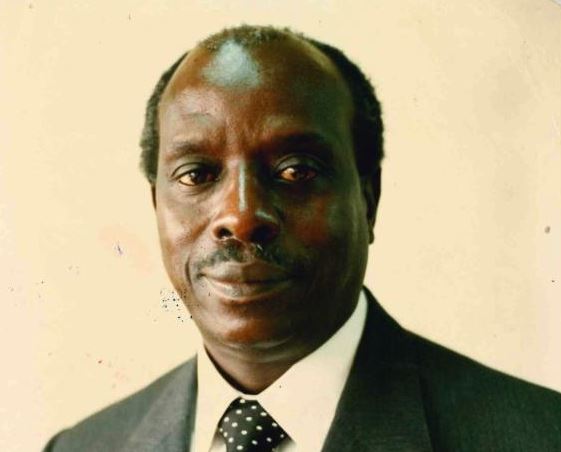×
The Standard e-Paper
Fearless, Trusted News

Former Head of Civil Service Jeremiah Kiereini will be cremated today at a private family function. He joins a growing list of prominent Kenyans who have opted for cremation over burial.
Although details of the interment remained scanty, with the family remaining tight-lipped, a family friend confidentially revealed to The Standard that it was Kiereini's desire that he be cremated.